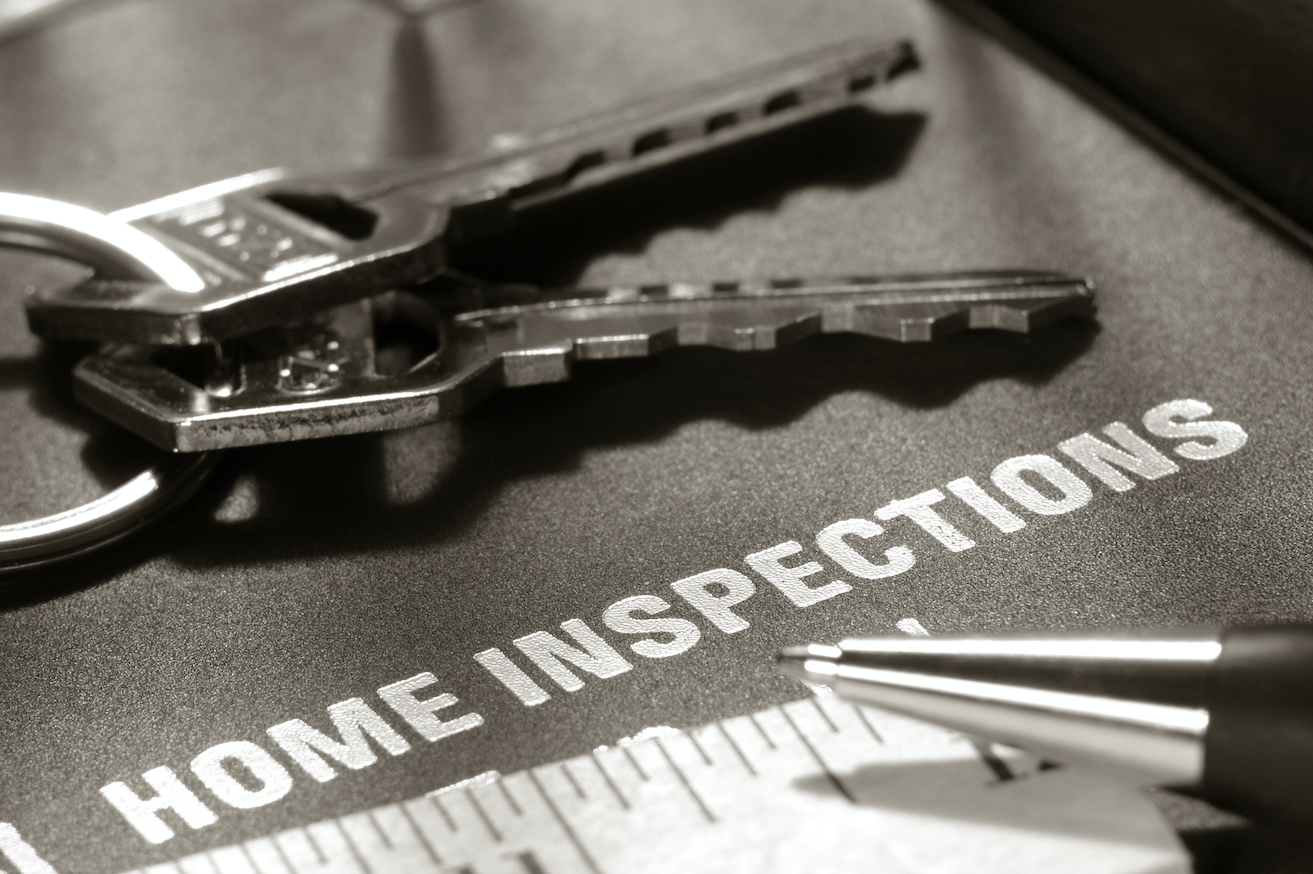Labor Day weekend marks the unofficial end of summer, which means it’s time to get ready for the change of seasons. While the kids are back at school, and old routines start to settle in, it’s important to remember that your house needs some TLC before the harsh weather months arrive. Here are some ways to prepare your home for fall and winter.
Check Your Detectors:
Make sure your smoke and carbon monoxide detectors are working and have new batteries. The winter heating season could come with ventilation issues, so make sure your family is protected.
Clear Your Heating Vents:
Your heating grates have been off all summer, so now is the time to clear them of any blankets, curtains, magazines, etc. If you are going to stack wood for the winter, make sure it is kept away from any wood stove or fireplace. Move furniture off of any heating source as well.
wood for the winter, make sure it is kept away from any wood stove or fireplace. Move furniture off of any heating source as well.
Check Your Fluid Levels:
We all enjoy a break from the heating bill in the summer, but don’t forget to make sure your oil, propane, fire wood, etc. is ready to go. You never know when the first cold snap will arrive and it’s best to be prepared.
Clear Outside Vents:
Dryer vents, heating vents, etc. need to be clear of sticks, leaves, and other debris. Do a check of your outdoor spaces to be sure they are ready to function correctly in the colder months.
Prepare Your Chimney:
If your home has a fire place, be sure to have it inspected well before winter. Cleaning it will help reduce the risk of a chimney fire and if any cracks or possible dangers are discovered, you should have them fixed before summer is over.
Take advantage of the last few weeks of warm weather to tend to the various needs of your home. You’ll cruise into fall and winter ready to enjoy the seasons without worrying about a long to-do list.
Many home buyers will enlist the help of a professional inspector prior to the closing of a sale. A home inspector can evaluate any issues that might be costly down the road and can analyze the condition of the home. While all houses, both old and new, have their issues, there are a few key things a home inspector is looking for:
Water Damage - mold and mildew stains can be a big red flag during a home inspection as some mold can be toxic. Even if the mold is normal, a buyer can request a mold remediation which can cost thousands.
Dampness in basements and crawlspaces are also sought out by home inspectors. Water in these areas can lead to deterioration of the foundation and can attract insects. Foundation problems are some of the most costly and can lead to the demise of a deal.
Plumbing Issues - An inspector will check the water pressure of all faucets, toilets, and appliances that require water use. They will also look to see if there are any drainage issues with the septic.
Electrical Problems - Especially with older homes, an inspector will look to see that the electrical panel and circuit breaker are up to code. All receptacles will be tested to ensure the wiring has been done correctly. Replacing electrical work can be extremely costly but is imperative to the safety of a home.
While a home inspector can discover costly issues, remember that their job is to ensure the safety of the home you are purchasing. It’s better to know about any potential problems ahead of time so that they can be resolved before the closing.
Owning a rental property is a great way to maximize your investment, but being a landlord is a lot of work. Before you jump into the role, consider these tips:
Be Realistic:
Understand that becoming a landlord is challenging and requires a certain temperament and set of skills. Repairs that need to be done often come up at inconvenient times, like a broken washing machine on the weekend, or a clogged sink first thing in the morning. Be sure that you are willing to give up your free time to help your tenants. Or, if you consider hiring a property manager, be sure the added expense will still yield a return on your investment.
Know the Market:
When you set the rental fees for your property, it’s important to factor in unexpected repair costs that could come up. You want to make sure your mortgage is being covered with an additional 20% of the rent set aside for surprise expenses.
Find the Right Tenant:
Take your time in finding the perfect tenant for your property. Conduct a background and credit check, even if it’s somebody you know. Ideally, a tenant’s rent should only make up one third of their monthly income which insures you will be paid on time.
Keep Detailed Records:
Take photos of the property before your tenant moves in so that you have evidence of any damages or unauthorized changes. Creating a move-in and move-out inspection checklist for each tenant will help document whether or not they should be refunded a security deposit.
Remember that being a landlord is much more than simply collecting a check each month. Owning and managing a second property is like a full time job. Be sure you have the time and temperament to be successful.
Sometimes the home of your dreams doesn’t exist in a brand new or updated house. Instead, you might find that investing some sweat equity is the right choice for your vision. Whether it’s a complete remodel, or a small fixer-upper, a renovation loan can help.
A renovation loan, like our Dream Home Loan, provides a borrower with cash to pay for upgrades, home improvements, and other property repairs. These rehabilitation loans are available as FHA 203(k) loans or through the Urban Rehabilitation Homeo.jpeg) wnership Mortgage Program.
wnership Mortgage Program.
When You Should Consider a Renovation Loan:
- If you are a first time home buyer and need to find more affordable properties
- You are in the market for an older home in your desired location but the market is limited
- You are an investor interested in flipping houses
A renovation loan can provide you with the resources to add a new bathroom, remodel the kitchen, make repairs to the roof, install new flooring, and more. When applying for a renovation loan, the value of the repairs is taken into account before being approved.
If you think this might be a great option for you, contact a mortgage professional to evaluate the benefits as they relate to your individual situation and to help guide you through the process.
Whether a first-time homebuyer or looking to add another house to your plans, the mortgage process can be complicated. Below are some of the most common terms you may come across during your mortgage transaction and what they mean.

Adjustable Rate Mortgage (ARM): A mortgage product with an interest rate that adjusts up or down based on a pre-selected index. These are also known as re-negotiable or variable rate mortgages.
Amortization: The calculated repayment of loan principal and interest over a fixed period of time.
Debt-to-Income Ratio (DTI): A borrower’s monthly payment obligation divided by their gross monthly income. This ratio is reflected as a percentage.
Escrow: Funds collected by the lender as part of the monthly mortgage payment. It is used to pay real estate taxes and insurance obligations.
Loan-to-Value Ratio (LTV): The amount being borrowed divided by the appraised (market) value or selling price of the house. This ratio is reflected as a percentage.
Lock: A commitment obtained from a lender assuring a particular interest rate or feature for a definite time period. This protects the borrower from interest rate increases between the time of loan application and loan closing.
Mortgage Insurance: An insurance policy set up to allow a lender to recover some of their money if a borrower defaults on the loan.
Underwriting: The decision to approve a loan based on the homebuyer’s credit, assets, as well as other factors. This analyzes the borrower’s risk, and matches it to an appropriate rate, term, and loan amount.
Working with a mortgage professional will ensure that these, and any other confusing terms, will be made clear to you throughout the mortgage process.


